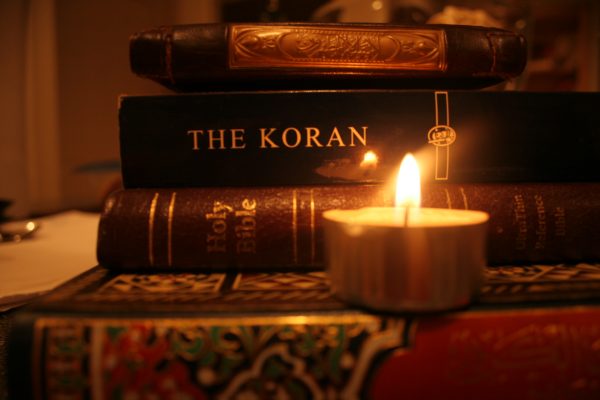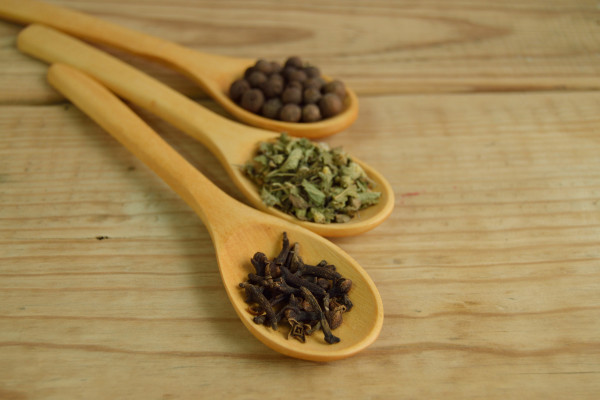Family and the Fight Against Terror
Some comments from Shiekh Muhammad Amin Evans of the Britslam Partnership regarding a few issues that came up during the AOBM / NUPSA conference, United for Pakistan held on Monday at Portcullis House in Westminster. The Association of British Muslims will shortly be releasing an official statement.
At AoBM’s conference ‘United for Pakistan?’, in the House of Commons yesterday, Deputy High Commissioner Asif Durrani stated that the most common experience of crime for Pakistanis is that perpetrated by near relatives. While this would be a poor reason for not dealing with the extremism, torture and extra-judicial killings that have disabled Pakistan’s society and marred its international reputation it is a valid observation that endorses my own work experience, sharing and implementing shari’ah rulings, of many Pakistani, although not exclusively, families. A functional family unit is the essential building-block of a wholesome society and it is clear that where dysfunctional families abound social order suffers. Even where families are apparently stable the customary use of force and torture are injustices that spread from the shelter of the home to undermine a nation’s social and humanitarian values.
The Islamic model of the family is a structure built with rights, duties and obligations applied to and respected by all its members. It is the nature of this structure that human dignity and status are not merely recognised but also enhanced. Even a servant may become a member of such a household. However, all too often rights and duties are applied selectively and obligations are held to be duties to serve the needs of a rigidly unjust patriarchal family structure dominated by a male-gaze.
Male and female heads of families feel entitled to excessively misuse the limited Islamic right to use corporal punishment, conceived to deter immoral behaviour, as a means to enforce their own sense of importance and interests upon weaker or vulnerable relatives. Children are brainwashed and brow-beaten into believing that such hierarchical and gender based injustice is ‘Islamic’ and acceptable. Thus, in extreme cases, as adults they are coerced into unsuitable marriages, or to maintain loveless or violent marriages, inheritance rights are voided, inter-sibling violence erupts, self-respect is destroyed and with it the respect for law and humanity. Although, these are extreme cases the belief culture that relies upon misinterpretations of Islamic texts and false honour values to spawn them is all too common.
Parents and elder relatives do not have the right to be obeyed absolutely. Parents do have the right to be respected and not treated rudely but this does not extend to their bad guidance being followed or their wrong deeds being praiseworthy. Muslim children should remember that on the last of days they will be called upon to give evidence against themselves and their loved ones. It is our belief that if they have aided and enabled their parents to do wrong, they will all be accountable before a Judge who sees through the cloaks of lies and false honour.
The aim of the conference was to see how British Muslims might help and support our brothers and sisters in and from Pakistan. While we can, and should, talk about a fairer and more prosperous economy to promote peaceful and law-abiding societies free from the threats of corruption and terrorism there is little that we can do as voluntary organisations or as individuals to implement such sound advice. Where we can have an immediate and important effect is in our homes and neighbourhoods by conducting our family affairs according to moral Islamic principles rather than feudal customs, expecting this of our friends and demanding that our governments, like good parents, do the same.
 By
By 

